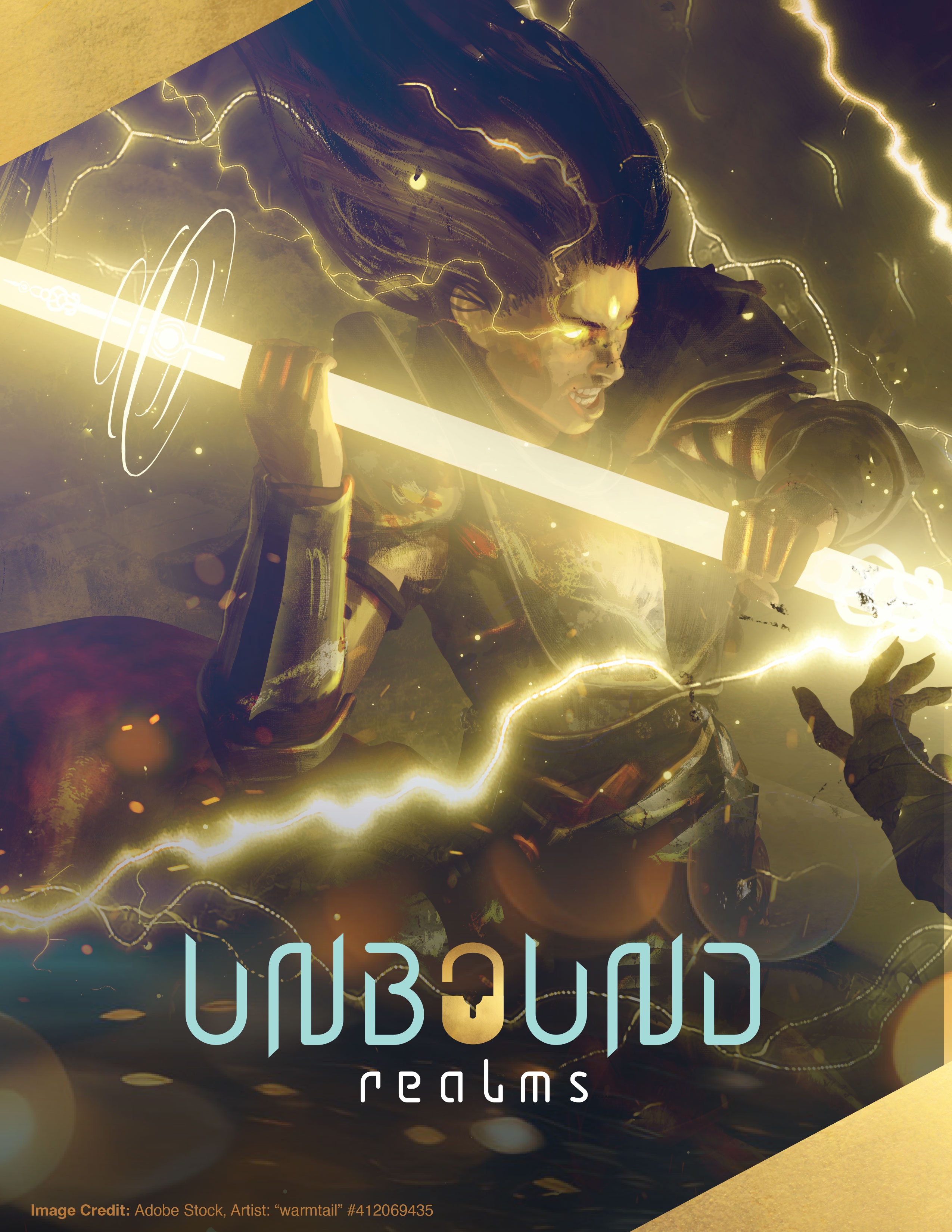Actions in Combat

Actions in Combat
When you take your action on your turn, you can take one of the actions presented here, an action you gained from your class or some other feature, or you can attempt to improvise an action (see the “Improvising” section later in this chapter.
Certain features might grant you the option to take an action as a minor action, reaction, object interaction, or even no action at all. For instance, the operative’s Cunning Action feature lets them take the Dash, Disengage, or Hide actions as a minor action on their turn. Alternatively, you might use your minor action to take the Arcane action when you cast a spell with a casting time of one minor action. Most Focus features require no action at all, despite using the Focus action.
Arcane
When you take the Arcane action, you cast an arcanic spell. Certain arcanic school features might also use the Arcane action, as described by the feature.
Brace
When you take the Brace action, you concentrate on steadying your body. Until the start of your next turn, you make Fortitude saving throws with advantage. Additionally, you have advantage on ability checks to avoid forced movement. You lose this benefit if you are incapacitated (as explained in appendix A).
Center
When you take the Center action, you devote yourself to strengthening your mind. Until the start of your next turn, you make Concentration and Will saving throws with advantage. You lose this benefit if you are stupefied (as explained in appendix A).
Compel
When you take the Compel action, you suggest a single course of action to a creature that can see or hear you and reasonably understand you. Make a Charisma check depending on how you attempt to influence the creature, as determined by the GM. You might use Persuasion to convince a humanoid to help you or Wrangling to convince a beast to flee. The result of the check determines whether or not the creature follows the course of action describe:
Compel Responses
| DC | Response |
|---|---|
| 10 | The creature does not do as asked, providing no help but also doing no harm. |
| 15 | The creature does as asked, provided no risk or sacrifice is involved. |
| 20 | The creature does as asked, provided only minor risk or sacrifice is involved. |
| 25 | The creature does as asked, even if major risk or sacrifice is involved. |
The DCs provided assume the creature's disposition is Indifferent. Add 5 to the DC for each disposition tier below Indifferent and subtract 5 for each disposition tier above Indifferent.
If you fail to meet a DC, the creature's disposition towards you drops by one tier until you successfully Compel the creature or the creature completes a long rest. Conversely, on an exceptional result as determined by the GM, the creature's disposition towards you might increase by one tier until the creature completes a long rest.
Dash
When you take the Dash action, you gain extra movement for the current turn equal to your speed. With a speed of 30 feet, for instance, you gain an additional 30 feet of movement.
If an effect increases or decreases your speed, this also affects this additional movement you. For instance, if your speed is reduced to 20 feet, you would only gain an additional 20 feet of movement from this action.
Disengage
When you take the Disengage action, moving out of a hostile creature’s reach doesn’t provoke opportunity attacks for the rest of the turn.
Dodge
When you take the Dodge action, you focus on avoiding attacks. Until the start of your next turn, you make Reflex saving throws with advantage. Additionally, attack rolls made against you have disadvantage provided you can see the attacker. You lose this benefit if you are incapacitated (as explained in appendix F).
Fight
When you take the Fight action, you make a single melee or ranged weapon attack, whether you are swinging a sword, firing a gun, or brawling with your fists. The "Making an Attack" section later in this chapter explains the rules for attacking.
Focus
When you take the Focus action, you utilize a focus feature that requires expending a focus point. Certain other focus school features might also use the Focus action, as described by the feature.
Guard
When you take the Guard action, you focus entirely on preventing attacks from reaching an ally. Until the start of your next turn, any attack roll made against the guarded ally has disadvantage if you can see the attacker, as long as the ally is within 5 feet of you.
Additionally, if an attack would hit the guarded ally, you can instead have it hit you (no action required). If you do so, the attacker chooses the maximum amount of damage instead of rolling.

Help
When you take the Help action, you lend aid to an ally in one of the following two ways:
- Ability Check: An ally within 5 feet of you gains advantage on the first ability check it makes before the start of your next turn, provided you could reasonably assist them in the check.
- Attack Roll: An ally gains advantage on the first attack roll it makes before the start of your next turn on a hostile creature within 5 feet of you, provided you could reasonably enhance your ally’s attack in some way.
Hide
When you take the Hide action, you make a Dexterity (Stealth) check in an attempt to hide, following the rules in chapter 7 for hiding. If you succeed, you gain certain benefits, as described in the "Unseen Attackers and Targets" section later in this chapter.
Psi
When you take the Psi action, you cast a psionic talent. Certain psionic school features might also use the Psi action, as described by the feature.
Ready
When you take the Ready action, you prepare to act when particular circumstances are met. Readying an action lets you act using your reaction before the start of your next turn.
First, you choose was circumstances will trigger your Readied action. Second, in response to the trigger, you determine what action you will take or if you will move up to your speed. For instance, you might choose that if a hostile creature comes within 10 feet if you, you will move away from it.
When the trigger occurs, you can either take your reaction right after it resolves or you can choose to ignore it.
If you ready an action that would grant movement, and that feature is triggered and resolved outside of your turn, you can move the amount provided by the action.
When you ready a power, you cast it as normal but its effects don’t immediately take place. To ready a power, it must have a casting time of 1 action or minor action, and it requires concentration. If your concentration is broken, the power dissipates without taking effect. Resources are only expended if you cast the readied power.
Search
When you take the Search action, you devote your attention to finding something by making a Wisdom (Perception) check or an Intelligence (Investigation) check, depending on the nature of your search.
Study
When you take the Study action, you make an Intelligence (Investigation) check contested by the target’s Charisma (Deception) check in order to discern certain information about the creature. On a success, you learn information about the creature. Choose two of the following:
- Highest ability score
- Lowest ability score
- Strongest saving throw
- Weakest saving throw
- Condition immunities
- Conditions suffering
- Maximum number of Hit Dice
- Damage vulnerabilities
- Damage resistances
- Damage immunities
- Max psionic talent level
- Max tech power level
- Largest spell slot
- Max maneuver level
- Max focus points
Superiority
When you take the Superiority action, you use a superior tactic. Certain superior school features might also use the Superiority action, as described by the feature.
Taunt
When you take the Taunt action, you attempt to compel a creature to attack you instead of your allies. The target must make a Will saving throw (DC = 8 + your proficiency bonus + your Charisma modifier). On a failed save, the target becomes Taunted by you until the end of your next turn.
If a creature friendly to you deals damage to a creature Taunted by you in this way, the Ttaunted creature no longer has disadvantage on attack rolls against the friendly creature.
You can only have one creature taunted in this way at a time.
Tech
When you take the Tech action, you cast a tech module. Certain technologic school features might also use the Tech action, as described by the feature.
Use
When you take the Use action, you utilize an object, item, or similar effect. If you would normally have to use your object interaction to draw the item you are using, you can instead do so as part of the Use action.
Improvising
Your character can attempt to do things not covered by other actions, such as breaking down doors. When you describe an action not otherwise included in the rules, the GM tells you whether or not it is possible and what ability tests, if any, is required.





